SUMMARY
This is AI generated summarization, which may have errors. For context, always refer to the full article.
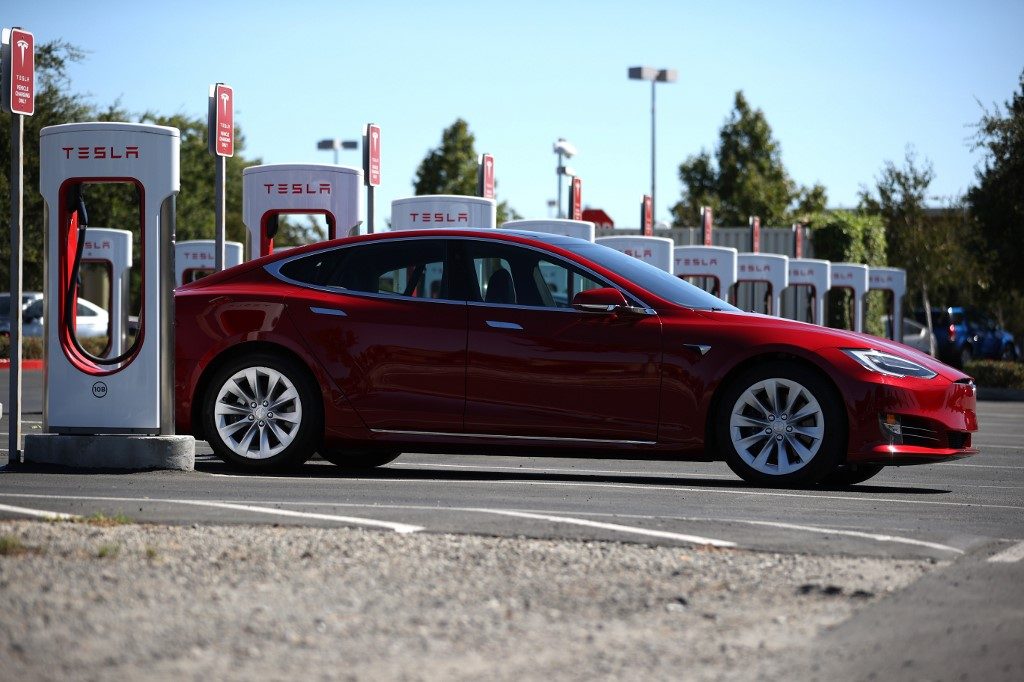
Major automakers Tesla, Volvo, Ford, and Mercedes-Benz have sued the United States government over tariffs on Chinese goods, demanding customs duties paid on imports be returned, with interest.
The lawsuits, which were filed in recent days in the New York-based Court of International Trade, concern tariffs imposed by the Office of the US Trade Representative (USTR) on imports from China, which Tesla in its filing called “arbitrary, capricious, and an abuse of discretion.”
The duties came amid a wider trade dispute between Washington and Beijing, and the automakers are asking for the tariffs to be revoked and any money paid to import parts returned.
Mercedes-Benz in its filing accused Washington of “prosecution of an unprecedented, unbounded, and unlimited trade war impacting over $500 billion in imports from the People’s Republic of China.”
The German automaker argued that US law “did not confer authority on defendants to litigate a vast trade war for however long, and by whatever means, they choose.”
Officials at the office of US Trade Representative Robert Lighthizer did not respond when contacted by Agence France-Presse for comments on the lawsuits.
US President Donald Trump’s administration engaged in months of trade conflicts with China, and imposed the levies as part of an effort to wean US manufacturers off Chinese technology.
China and the United States signed their “phase one” trade deal earlier this year that partially ended the dispute.
Under that agreement, Beijing promised to buy $200 billion in US goods and Washington backed down on tariffs on $160 billion in Chinese goods, particularly consumer electronics.
The US also slashed by half 15% tariffs on $120 billion in goods, but kept in place 25% duties on $250 billion in imports, which some of the automakers cited in their lawsuits.
Beijing has retaliated for these levies, while Washington is aiming both to reduce its trade deficit and reform Chinese business practices it considers unfair.
The Commerce Department reported the US trade deficit in July surged nearly 11% to $63.6 billion, with the deficit with China climbing to $28.3 billion.
China is the world’s biggest auto market and the main growth driver for many car manufacturers – especially for electric car maker Tesla, which intends to benefit from the country’s ambitious targets for reducing CO2 emissions. – Rappler.com
Add a comment
How does this make you feel?





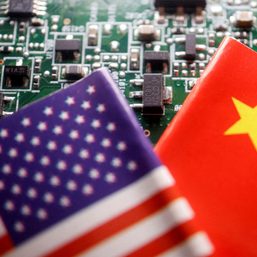
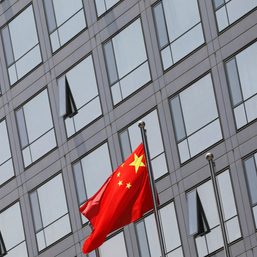
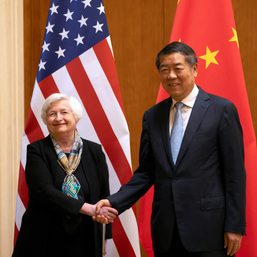
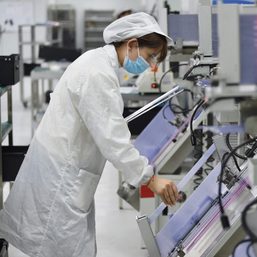
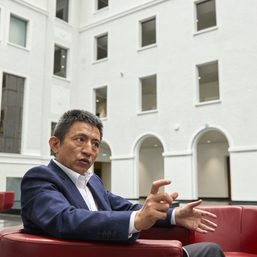
There are no comments yet. Add your comment to start the conversation.